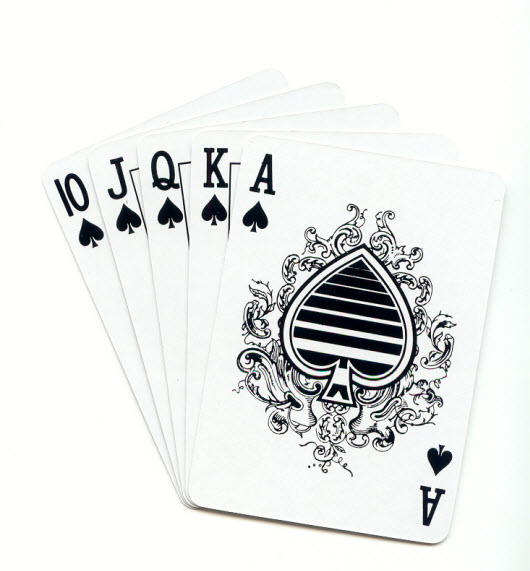 No, I’m not trying to actually get you to play poker with me. I’m no good at it and would lose my shirt to almost any decent poker player out there. However, playing poker, or rather, knowing how to play poker can make a huge difference when you want to learn how to most effectively use the marketing lists you buy here at LisGuy. Here’s what you need to know:
No, I’m not trying to actually get you to play poker with me. I’m no good at it and would lose my shirt to almost any decent poker player out there. However, playing poker, or rather, knowing how to play poker can make a huge difference when you want to learn how to most effectively use the marketing lists you buy here at LisGuy. Here’s what you need to know:
Don’t Tip Your Hand
Look, if you want to succeed with our marketing lists, then you need to know one thing: there is a lot of competition out there and that means that you don’t want to let them know about what you have to offer until you are actually read to offer it. That means that just like when you play poker, you need to keep your “hand” or in this case, your offerings close until you are ready to reveal them.
So when you buy a marketing list from us, be sure to hold off on sending out e-mails until you have a finished product to offer. The coy hints that places like Apple or Microsoft use are not likely to be a good choice for you. Never mind that you generally get a limited number of chances to send out an e-mail to the lists your rent anyway.
Watch Your Competition’s “Cards”
Watch what the competition is doing, just as you might do in poker. This means that you subscribe to e-mail lists from your competition (best to use an anonymous e-mail address) so that you can keep track of them. This also point up by the way the comment above as to why you don’t want to tip your hand to potential competitors. They’ll likely be subscribed to your e-mail list and will do something similar.
Know When You Have a Good Hand
This is a bit of a stretch when it comes to using marketing lists, but it does still fit (somewhat) with my poker analogy. Basically, you need to keep track of your open rates on your e-mails as you send them out to our marketing lists. Keep close track and use split testing where you send one e-mail to one half of the list and one to another, with different headlines as well. This will allow you to keep close track of who is actually opening your e-mails and who is making purchases.
The poker analogy here is – know when you have a good hand. That means that you need to keep track of the cards and know that you have a strong hand or a weak hand, especially before you throw out cards and ask for additional ones. The same thing with marketing lists – before you waste money on sending out the same or similar e-mails again, know that your e-mails are actually getting some success before you use them.
